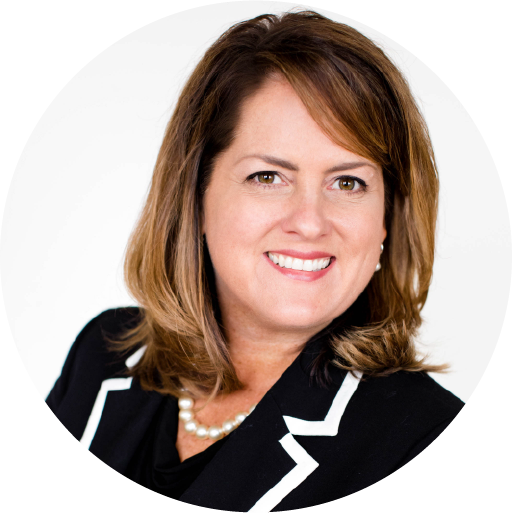
Blog post written by Barb Ranck. Barb is a Life and Leadership Coach with Employee & Family Resources
If you’ve never heard of a “life coach,” you’re not alone. Honestly, I hadn’t heard much about life coaching before becoming a certified life coach back in 2018! During the certification process, I coached and was coached by different professional coaches to gain the skills I needed. My experience was so positive and valuable, both personally and professionally, that I knew I wanted to do this work full-time – and now I get to coach on behalf of EFR!
Having worked with many clients over the last five years, the biggest questions I get from those exploring coaching are:
- How is coaching different from counseling?
- When should I work with a life coach?
- What can I expect when working with a life coach?
I’m sharing my answers and experiences to help you decide if life coaching is for you!
Question 1: How is coaching different from counseling?
Great question. First, I’m going to share what they both have in common:
- Both focus on helping a person move forward.
- Both offer environments where the client can explore, in a confidential format, what’s most important to them.
Where they differ:
- The counseling profession requires more in-depth training, education, and hands-on practice to earn a degree. This level of rigor allows counselors to administer mental health treatments like psychotherapy to individuals struggling with mental and emotional disorders such as anxiety, addiction, and depression.
- Professional coaching was legitimized in the 1980s, under the guidance of the International Coaching Federation (ICF). This global body of ICF professionals created a system of ethics, standards, and accreditation for those pursuing careers as professional coaches. That said, the coaching industry overall is not highly regulated. Some “coaching” companies offer courses to become a life coach by watching “a quick video.”
If you want to work with a coach with proven skills, abilities, and coach-practice hours, you’ll want to ask about their coach training and if they are ICF-accredited. EFR-contracted coaches have all been pre-screened to support EFR clients with the highest-quality coaching.
Question 2: When should I work with a life coach?
Below is a sample list of scenarios from clients I’ve personally engaged with in life coaching. Can you see yourself in one or more of these situations?
- You’re an employee or leader wanting to find ways to communicate more effectively or be more productive at work to get better outcomes.
- You find yourself burning out at a job you used to have more energy to do. You can’t quite pinpoint the cause. You’ve tried everything you already knew to do and need help finding new tools and solutions.
- You’re considering making a change at work (i.e., retirement, advancing to a different role, or switching jobs entirely). You don’t want to share details with your leader or colleagues just yet, so you need a space to talk it through with someone who can support you.
- You like your job but have always wanted to explore a side job related to your passion. You want help clarifying what that might look like and what steps to take next.
- You struggle with getting everything done. Time management tips may be helpful.
- You’re trying hard to balance family, work, friends, and other responsibilities, but feel generally exhausted. It would help just to talk to someone who can celebrate where things are going well and motivate you to try new things.
- You are a continuous learner. You are open to exploring all the options to help you move forward faster.
- You’ve been in counseling or may even be actively meeting with a therapist, but you wonder if/how life coaching could supplement your personal journey.
I’ve helped clients in all the situations above, plus others not listed here. If you find yourself in one or more of the categories above, a life coach can offer expertise, encouragement, and support.
Question 3: What can I expect when working with a life coach?
While the coaching process and format (i.e., in-person or remote-only meetings) may vary from coach to coach, I’ll showcase the EFR process and what you can expect.
- Identify an area where you’d like to make progress and are looking for accountability and support.
- Contact EFR at (800) 327-4692 and provide this information to the phone counselor. NOTE: Information shared is strictly confidential. You will be pre-approved for the number of sessions available in your plan.
- You will be given information to contact your assigned EFR Life Coach.
All EFR coaching sessions are either over Zoom or by phone. Each session lasts about an hour, and the frequency is up to the client. I have clients who prefer to meet weekly, bi-weekly, monthly, and some less frequently than that.
So, are you ready?
Let EFR support you in your journey, whether it be one of our professional coaches or counselors. The next step is up to you!
Take the next step with the help of a life coach!
If you have Employee Assistance Program (EAP) benefits through EFR, you can schedule sessions with a life coach at no cost! Your life coach will provide expertise, guidance, and accountability as you embark on a structured, goal-oriented approach to overcome personal or professional obstacles and achieve success.

